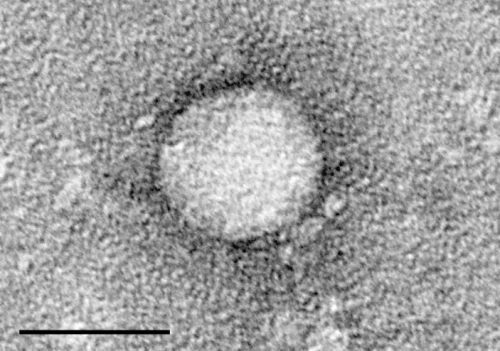Michigan and Pennsylvania Join Growing U.S. Measles Outbreaks: What You Need to Know

In recent developments, Michigan and Pennsylvania have become the latest states to report active measles outbreaks, bringing the total number of affected states in the U.S. to eight. Michigan confirmed a new measles case near Grand Rapids, elevating concerns over the resurgence of this highly contagious disease. Similarly, Pennsylvania declared an outbreak in Erie County following recent cases connected to international travel.
As of April 2025, the United States is experiencing a significant increase in measles cases, with numbers surpassing 700 nationwide. Texas remains the epicenter, with the outbreak first identified in late January, primarily affecting the rural West Texas Mennonite community where vaccination coverage is low. The Texas outbreak has resulted in over 560 cases across 23 counties, and sadly, the death of an 8-year-old unvaccinated child. New Mexico has also reported multiple cases, including its first measles-related death in an adult, with current totals at over 60 cases.
Kansas, Oklahoma, Ohio, Indiana, and Michigan are among the other states reporting cases, often linked to the ongoing outbreaks in Texas and New Mexico. These clusters highlight the concerning possibility of the virus spreading through communities with suboptimal vaccination rates. The CDC reports that communities with vaccination coverage below 95% are vulnerable to outbreaks, which can persist for months or even years in some cases.
Measles is a virus that spreads airborne through respiratory droplets—breathing, coughing, or sneezing can transmit it easily. Despite being declared eliminated in the U.S. in 2000, the disease is now resurging due to declining vaccination rates and the importation of cases from abroad.
The current outbreaks underscore the importance of vaccination. The MMR (measles, mumps, rubella) vaccine remains the most effective tool to prevent infection. The CDC recommends two doses of the MMR vaccine, typically given during childhood, but adults who are unvaccinated or unsure of their immunity should consider getting boosted, especially when residing in or traveling to affected areas.
Symptoms of measles include high fever, cough, runny nose, red watery eyes, and a distinctive rash that appears three to five days after initial symptoms. While most children recover fully, the disease can cause severe complications such as pneumonia, brain swelling, blindness, and death.
There is no specific treatment for measles. Healthcare providers focus on alleviating symptoms, preventing complications, and supporting the immune system. High vaccination coverage is critical to maintaining herd immunity and preventing outbreaks.
The decline in vaccination rates, exacerbated by the COVID-19 pandemic, has led to increased susceptibility in many communities. Public health officials urge everyone, especially those in outbreak regions, to stay updated with their vaccinations and consult healthcare providers about booster shots if needed.
For more information on measles symptoms, prevention, and vaccination, visit the CDC or your healthcare provider's resources.
Stay Updated with Mia's Feed
Get the latest health & wellness insights delivered straight to your inbox.
Related Articles
The Impact of the ACA Preventive Services Mandate on Hepatitis C Treatment and Detection
The future of hepatitis C detection and treatment in the U.S. could be at risk due to the Supreme Court challenge to the ACA's preventive services mandate, potentially impacting millions of Americans' health outcomes and healthcare costs.
Potential Kratom Regiment Restrictions in Florida: What You Need to Know
Florida lawmakers and local officials are considering regulations and bans on kratom amid safety concerns and rising overdose cases, with ongoing debates about its legal status and public health impact.
Innovative Treatment Targets Neurobehavioral Symptoms in Neurofibromatosis Type 1
New research from Indiana University introduces a novel strategy to address neurobehavioral challenges in neurofibromatosis type 1 by restoring neurofibromin levels, offering hope for targeted therapies in rare genetic disorders.
Innovative RNA-Based Approach Targets CNNM4 Protein to Combat Rare and Aggressive Liver Cancer
A novel RNA-based therapy targeting CNNM4 protein shows promise in slowing the progression of aggressive liver cancer, opening new avenues for personalized treatment.



